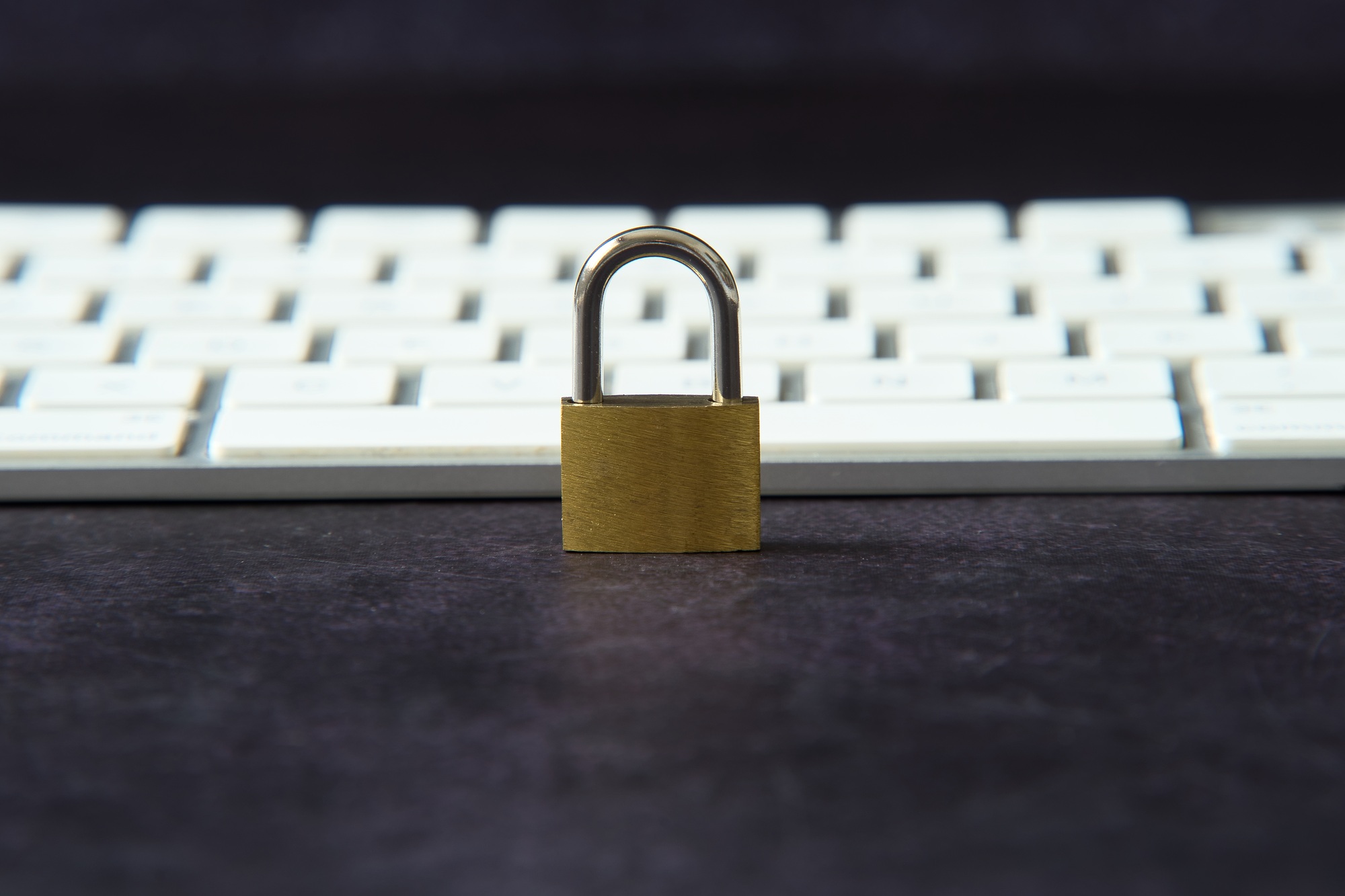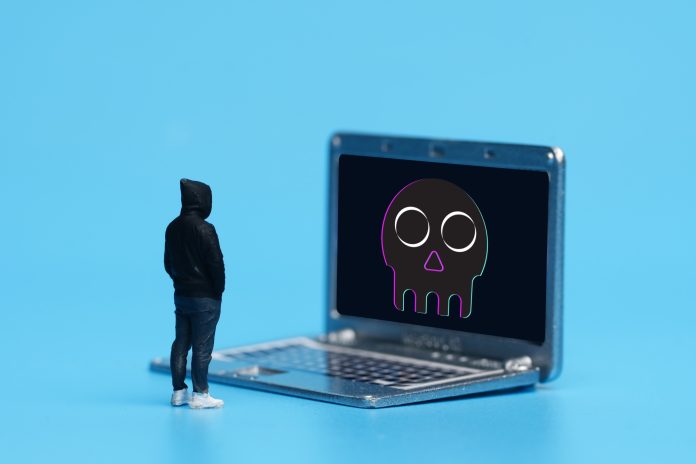Key Takeaways

- Cybersecurity is Essential: Small businesses are prime targets for cybercriminals, making robust cybersecurity measures crucial for survival and reputation protection.
- Common Threats: Phishing and ransomware are two prevalent threats that can cause significant financial and operational damage if not properly addressed.
- Employee Training: Regular training on cybersecurity awareness is vital. Empowering employees to recognize threats can significantly enhance your business’s defenses.
- Software Updates: Keeping software and systems updated protects against vulnerabilities. Automate updates where possible to ensure ongoing security.
- Use of Security Tools: Invest in security tools like firewalls and next-generation antivirus software to provide comprehensive protection against cyber threats.
- Data Backup Strategies: Implement both cloud-based and local backup solutions with regular testing to ensure data can be restored in the event of a cyber incident.
In today’s digital landscape, small businesses face an increasing number of cyber threats that can jeopardize their operations and reputation. With limited resources and expertise, it’s crucial to understand the importance of cybersecurity. You might think that only large corporations need to worry about hackers, but small businesses are often prime targets due to their perceived vulnerabilities.
Implementing effective cybersecurity measures not only protects your sensitive data but also builds trust with your customers. By prioritizing cybersecurity, you can safeguard your business against potential breaches and ensure its longevity. In this article, we’ll explore essential strategies and tools that can help you strengthen your defenses and keep your business secure in an ever-evolving cyber world.
Importance of Cybersecurity for Small Business

Cybersecurity is vital for small business survival in today’s technology-driven landscape. You face increasing cyber threats, with hackers often targeting small businesses due to perceived vulnerabilities. The consequences of a data breach can be severe, leading to financial losses, legal ramifications, and damage to your brand reputation.
Enhancing your cybersecurity protects sensitive customer data, such as financial information and personal details. Robust cybersecurity measures foster customer trust, essential for building and maintaining relationships. When your clients know you prioritize their data safety, they’re more likely to engage with your business.
Effective cybersecurity strategies also safeguard your business from operational disruptions. Cyberattacks can cripple your tech infrastructure, leading to downtime and lost revenue. By fortifying your defenses, you ensure business continuity and minimize potential risks.
Investing in cybersecurity training for your employees further strengthens your defenses. Your staff plays a crucial role in recognizing threats, such as phishing attempts or suspicious links. Regular training ensures your team is equipped to recognize and respond to these risks effectively.
Ultimately, maintaining a strong cybersecurity posture is not just an IT concern; it’s a key component of your overall business strategy. Prioritizing cybersecurity can protect your investment, bolster customer confidence, and ensure long-term success in an ever-evolving digital environment.
Common Threats Facing Small Businesses

Small businesses face numerous cybersecurity threats that exploit their limited resources and perceived vulnerabilities. Understanding these threats enables you to implement effective defenses.
Phishing Attacks
- Prevalence: Phishing ranks among the most common tactics used by cybercriminals targeting small businesses. These attacks typically occur via emails or text messages that appear trustworthy, aiming to trick you or your employees into revealing sensitive information like passwords or credit card numbers.
- Methods: Phishing attacks rely heavily on social engineering to deceive targets. Cybercriminals often craft fake emails that seem to originate from legitimate sources, such as invoices or payment portals, making these scams particularly damaging for your operations and customer relationships.
Ransomware
- Impact: Ransomware attacks encrypt critical business data and demand payment for decryption. Small businesses can suffer devastating financial losses and operational disruptions due to this threat.
- Delivery: Ransomware often enters your systems through malicious email attachments or compromised websites. Attackers continually refine their techniques, making it vital for you to stay informed about the latest trends and strategies in ransomware prevention.
Focusing on these common threats can enhance your overall cybersecurity posture, helping you safeguard your small business and maintain customer trust.
Essential Cybersecurity Practices

Implementing effective cybersecurity practices is vital for protecting your small business from cyber threats. Below are key strategies you can adopt to enhance your cybersecurity posture.
Employee Training
Train your employees on cybersecurity awareness. Provide regular training sessions about recognizing phishing attempts, handling sensitive information, and utilizing secure passwords. Ensure staff understands the impact of breaches on your small business’s reputation and finances. Engaged employees contribute to a secure work environment, serving as the first line of defense against cyber threats.
Regular Software Updates
Keep software and systems up-to-date. Regularly update operating systems, applications, and firmware to defend against vulnerabilities. This includes installing the latest security patches for your tech devices. Use automated updates whenever possible to minimize delays. Regular updates protect your small business from potential exploitations by cybercriminals, ensuring your systems remain secure and efficient.
Tools and Solutions for Small Business Cybersecurity

Implementing effective tools and solutions is crucial for safeguarding your small business against cyber threats. Consider utilizing the following options to enhance your cybersecurity posture.
Firewalls and Antivirus Software
Integrating both hardware firewalls and antivirus software is essential for robust security. Hardware firewalls protect all devices on your network and simplify administration compared to software-only solutions, which require installation on each computer. Choose firewall solutions that include VPN support, antivirus, antispam, antispyware, and content filtering capabilities for comprehensive protection.
Antivirus software serves as a fundamental tool in your cybersecurity strategy. Statistics indicate that 58% of small businesses rely on antivirus software as their primary defense. Next-generation antivirus (NGAV) solutions, like those provided by CrowdStrike, offer advanced protections against modern threats such as ransomware and malware. These NGAV solutions use innovative technology to proactively detect and neutralize potential risks before they can harm your operations or data.
Backup Solutions
Ensuring regular data backups is vital for small businesses. Backup solutions provide a safety net by enabling you to restore critical information in case of data loss incidents. Opt for both cloud-based and local backup options for redundancy. Cloud backup services not only offer scalability but also ensure accessibility from various devices.
Implement automated backup systems to streamline the process. You can schedule daily or weekly backups to maintain updated copies of your essential data. Regularly test your backup restorations to confirm that your recovery processes function effectively. This proactive approach minimizes downtime and protects your business continuity in the event of cyber threats or hardware failures.
Building a Cybersecurity Plan

Building a cybersecurity plan is essential for your small business. A well-structured plan helps identify vulnerabilities and mitigate potential risks posed by cyber threats.
Risk Assessment
Conduct a risk assessment to evaluate your company’s vulnerabilities. Assess all technology and systems you use, including software applications and hardware. Identify critical data, such as customer information and financial records, as well as potential threats, including phishing and ransomware.
Employee Training
Implement employee training programs focused on cybersecurity best practices. Ensure your team understands how to recognize threats, secure sensitive information, and use strong passwords. Regular training sessions keep your staff aware of evolving cyber threats and reinforce their role in cybersecurity.
Regular Software Updates
Keep all software up-to-date. Regularly install security patches and updates to protect your technology against known vulnerabilities. Automate updates where possible to simplify the process and ensure your systems remain secure.
Effective Use of Security Tools
Utilize appropriate security tools tailored to your business needs. Invest in a hardware firewall and reliable antivirus software, as 58% of small businesses depend on antivirus for basic protection. Consider next-generation antivirus (NGAV) solutions to defend against sophisticated cyber threats.
Backup Strategies
Implement robust data backup solutions. Use both cloud-based and local backups to create redundancy and ensure data accessibility. Automate backup processes to minimize human error and regularly test backup restorations to confirm effectiveness.
Adopting these essential components in your cybersecurity plan enhances your defenses. Cybersecurity not only safeguards your technology but also protects your business reputation and builds customer trust.
Conclusion

Prioritizing cybersecurity is no longer optional for small businesses. As threats continue to evolve it’s crucial to stay ahead by implementing proactive measures. By fostering a culture of security awareness and investing in the right tools you can significantly reduce the risk of cyberattacks.
Remember that your employees are your first line of defense. Regular training and updates on best practices can empower them to recognize potential threats. Additionally ensuring your systems are up-to-date and backed up will safeguard your data and operations.
A robust cybersecurity strategy not only protects your business but also builds trust with your customers. By taking these steps you’re not just protecting your assets but also positioning your business for long-term success in a digital world.
Frequently Asked Questions

What are the common cyber threats faced by small businesses?
Small businesses commonly face cyber threats like phishing and ransomware. Phishing involves deceptive messages tricking employees into revealing sensitive information. Ransomware encrypts vital business data, demanding payment for decryption, leading to financial losses and operational disruptions.
Why are small businesses often targeted by hackers?
Small businesses are frequently targeted by hackers due to their perceived vulnerabilities and limited resources. Many often lack robust cybersecurity measures, making them easier targets compared to larger organizations.
How can small businesses protect against data breaches?
To protect against data breaches, small businesses should implement effective cybersecurity measures. This includes employee training, regular software updates, utilizing antivirus software, and maintaining secure data backups to ensure data integrity.
What role does employee training play in cybersecurity?
Employee training is crucial in cybersecurity as staff help recognize threats such as phishing attempts. Regular training sessions enhance awareness and ensure employees understand how to handle sensitive information securely.
What are some recommended cybersecurity practices for small businesses?
Recommended cybersecurity practices include providing employee training on security awareness, keeping software updated, implementing antivirus solutions, and conducting regular data backups. A comprehensive cybersecurity plan addressing risk assessments and tailored security tools is also essential.
How often should small businesses back up their data?
Small businesses should back up their data regularly, ideally daily or weekly, depending on their data usage. Implementing automated backup systems ensures consistent backups and minimizes the risk of data loss.
What tools can enhance cybersecurity for small businesses?
Essential tools for enhancing cybersecurity include hardware firewalls, next-generation antivirus solutions, and automated backup systems. These tools provide advanced protection against modern threats and ensure data redundancy.
How does cybersecurity impact customer trust?
A strong cybersecurity posture protects sensitive customer data, fostering trust. When customers feel their information is secure, they are more likely to engage and maintain relationships with the business, ultimately supporting long-term success.
Image Via Envato: laguna947, najmi1990, AndersonPiza, traimakivan, afihermatova, Pressmaster, svitlanah, AnnaStills



